We see the march of time as a monotonous journey, littered with ups and downs that are designed to throw our lives into chaos. Wim Wenders sees something in between. The passing beauty of the ordinary. This is what the film Perfect Days offers us. A look into the beauty that we take for granted every day.
The film follows Kōji Yakusho’s Hirayama, a toilet cleaner in Tokyo who loves reading, photography, plants, and music on cassette tapes; all of with is firmly established in his daily routine. Through several chance encounters with total strangers and family members, he finds a deeper appreciation for the beauty in the mundane, while also confronting some past regrets that he didn’t realize still haunted him.
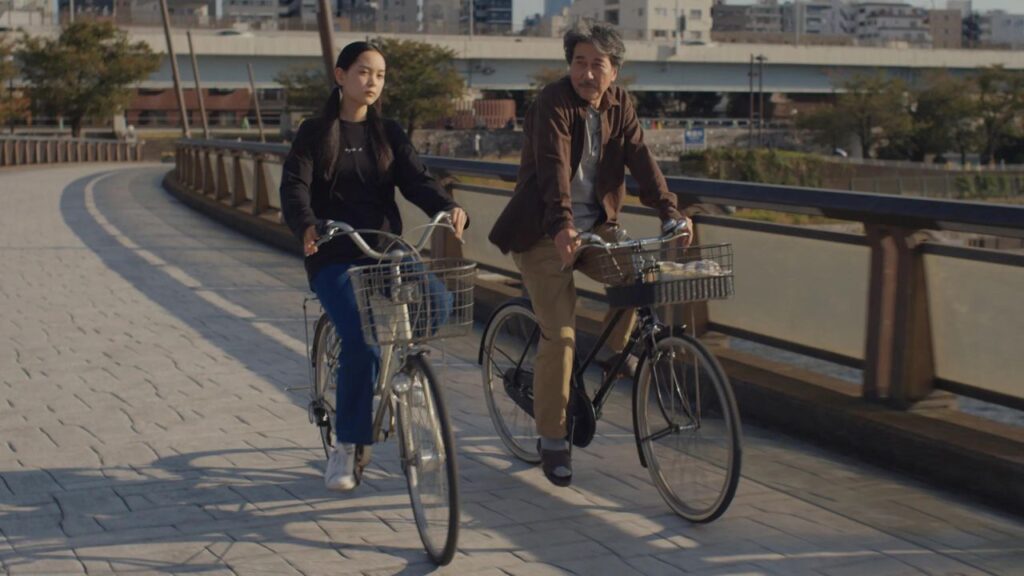
Wim Wenders tells this deceptively simple story in an utterly minimalist manner. From a magnificent jukebox soundtrack that features Lou Reed, The Animals, and Nina Simone, to the way the camera quietly observes his world, Perfect Days is a movie that masterfully utilizes all of the tools in cinema to peer into the soul of its characters. It is profoundly moving and spiritually rewarding.
A lot of credit also belongs to Kōji Yakusho, whose subtle, yet emotional, performance conveys a miraculously rich interior and exterior life. His lack of dialogue, his use of facial expressions, really show how well Wenders understands Japanese culture. The use of gestures instead of words in some instances work in such a quintessentially Japanese way that it would seem out of place if the film was made elsewhere. Kōji Yakusho uses this contextual understanding to its fullest as he conveys many complex feelings such as annoyance, regret, and fulfillment. It is a masterclass in acting that stands head and shoulders above anything else you’ll see this year.
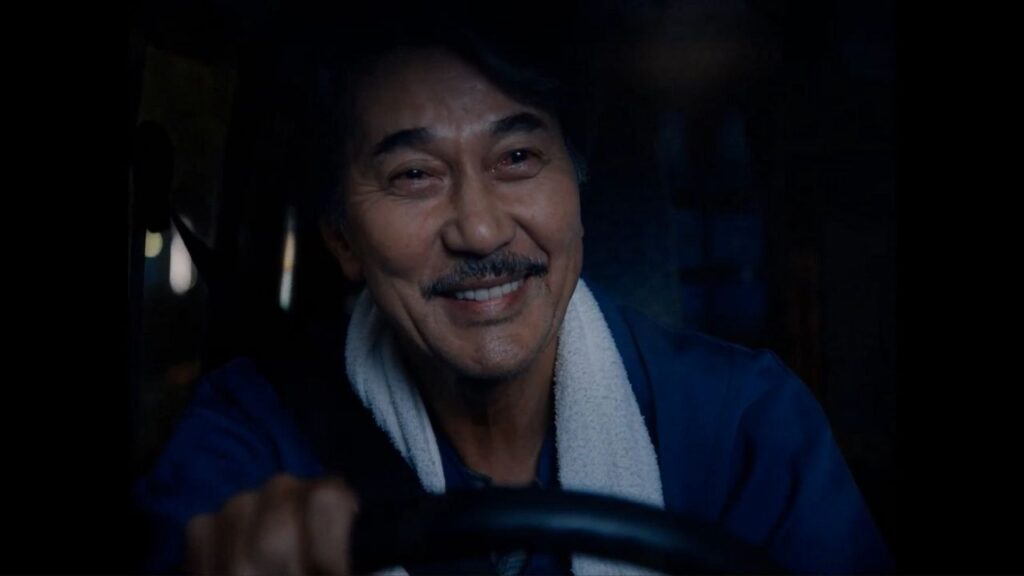
The cinematography of Perfect Days also perfectly complements its narrative. Wenders chooses to use a 4:3 aspect ratio, which is clearly an homage to his master and inspiration, Yasujiro Ozu, and very reminiscent of classics like Singin’ in the Rain and Citizen Kane. The frame feels more intimate, which is a sensation that is further heightened by the cramped locations that the movie takes place in. If this film was shot in a cinemascope ratio, we as the audience wouldn’t be able to see the ground.
No film harkens back to the era of classic Japanese cinema quite like this one. If you want to watch a film that both inspires and challenges you, Perfect Days is, pardon the pun, a perfect choice.

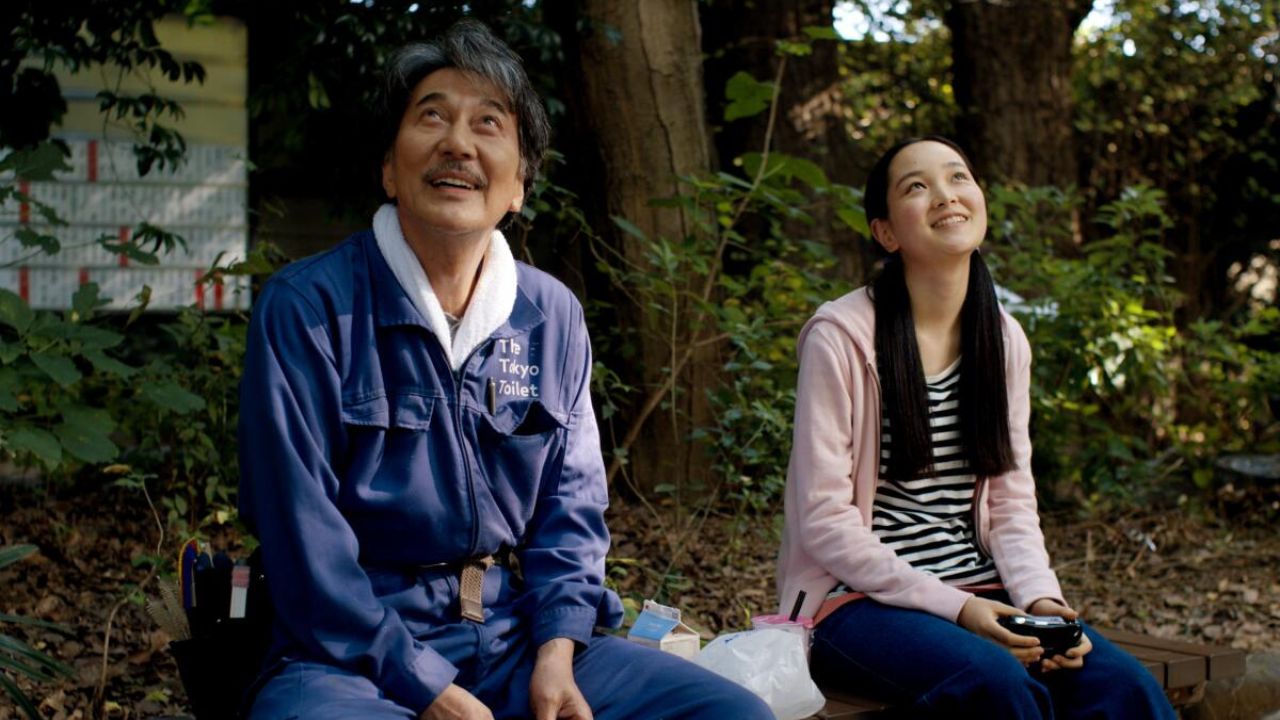

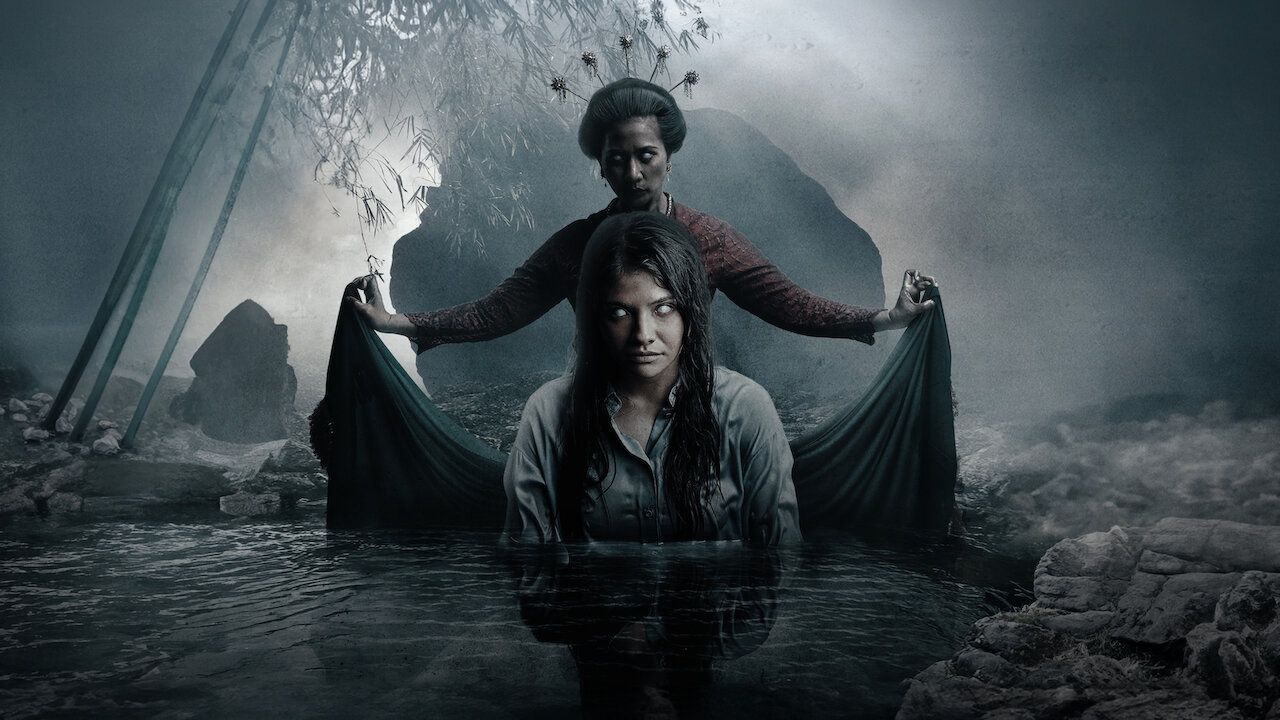
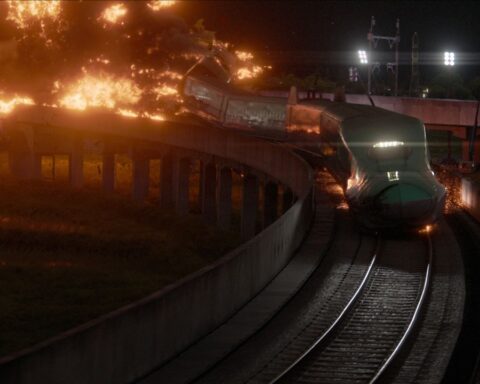


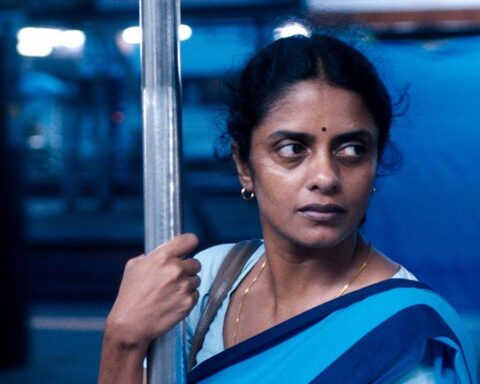
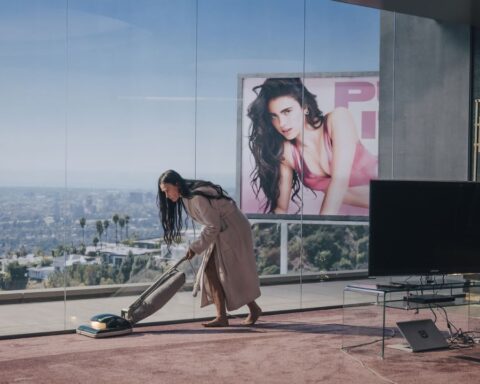
Follow Us